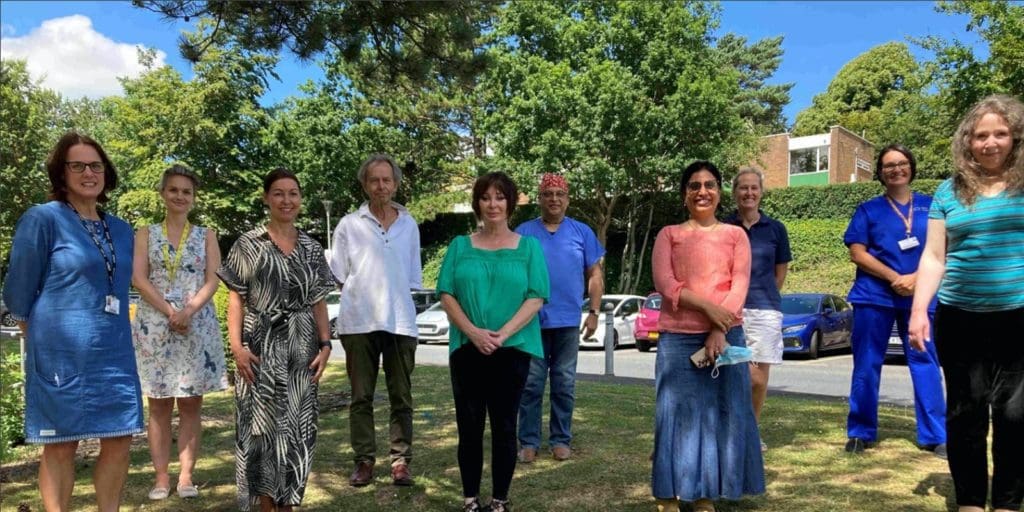Women in need of specialist treatment for pelvic floor and continence issues may be spared a journey to England in future.
It’s because Swansea Bay University Health Board has become Wales’ sole centre of excellence for urogynaecology.
It has been granted accreditation by the British Society of Urogynaecology (BSUG) after it met the highest standards for its service – the only in Wales to currently achieve that.
The accreditation gives the unit, which offers specialist services to women with pelvic floor disorders and problems after child birth, the ability to potentially expand its service to include more complex procedures that patients currently have to travel outside of the health board’s area and even Wales to receive.
Urogynaecology Consultant Monika Vij said: “Obtaining the accreditation by BSUG is fantastic news, and it’s something we want to build on.
“We want to expand our service because there are some services which aren’t available here but are elsewhere, so we want to change that.
“We want to be the place which can serve all of Wales, rather than seeing patients having to travel outside of the country for their treatment.
“Having this accreditation moves us one step closer to achieving that.”
The urogynaecology team’s service includes a perineal trauma clinic for women who sustained third degree tear during birth, management of recurrent urinary tract infection and specialist incontinence and prolapse clinics for planning surgery. They also have a specialist clinic to review complications caused through mesh – a material that supports damaged tissue for patients with incontinence and prolapse.
A key aspect of the team’s work is provided by physiotherapists and clinical nurse specialists who help patients to avoid surgery if possible. The team also benefits from support from Swansea University’s psychology department.
To obtain its accreditation, the urogynae facilities, physiotherapy department, continence suite, operating theatres and other clinical areas were assessed by inspectors.
Staff members at the unit in Singleton Hospital were also interviewed as part of the inspection, which showcased the teamwork of a range of specialists including consultant urogynaecologists, specialist urogynaecology nurses, surgical nurse practitioner, psychologists, physiotherapist and medical secretaries.
“We are proud of this achievement as it reflects the standard of care provided to our female patients,”said Mrs Vij.
“Each individual has their own role to play in the care provided, and that contributes to a team effort.
“Whether it’s the consultant taking responsibility of overall care, the physiotherapist and specialist nurses providing inputs from their treatments or the medical secretaries answering patients’ queries and being our point of contact, everyone has contributed to this achievement.”
There are more ambitious plans in the pipeline for the urogynaecology service.
Mrs Vij added: “We are recognised as a centre of excellence for mesh services and are waiting for formal funding to consolidate this work, simplify the patient care pathway and bench mark with other UK centres.
“The service will include pain management services, physiotherapy, psychological counselling support, mindfulness, PTNS (Percutaneous Tibial Nerve Stimulation) and removal of mesh when required.
“The other area of need is the development of SNS (Sacral Nerve Stimulation) to help women in Wales deal with intractable bladder and bowel storage problems.”

